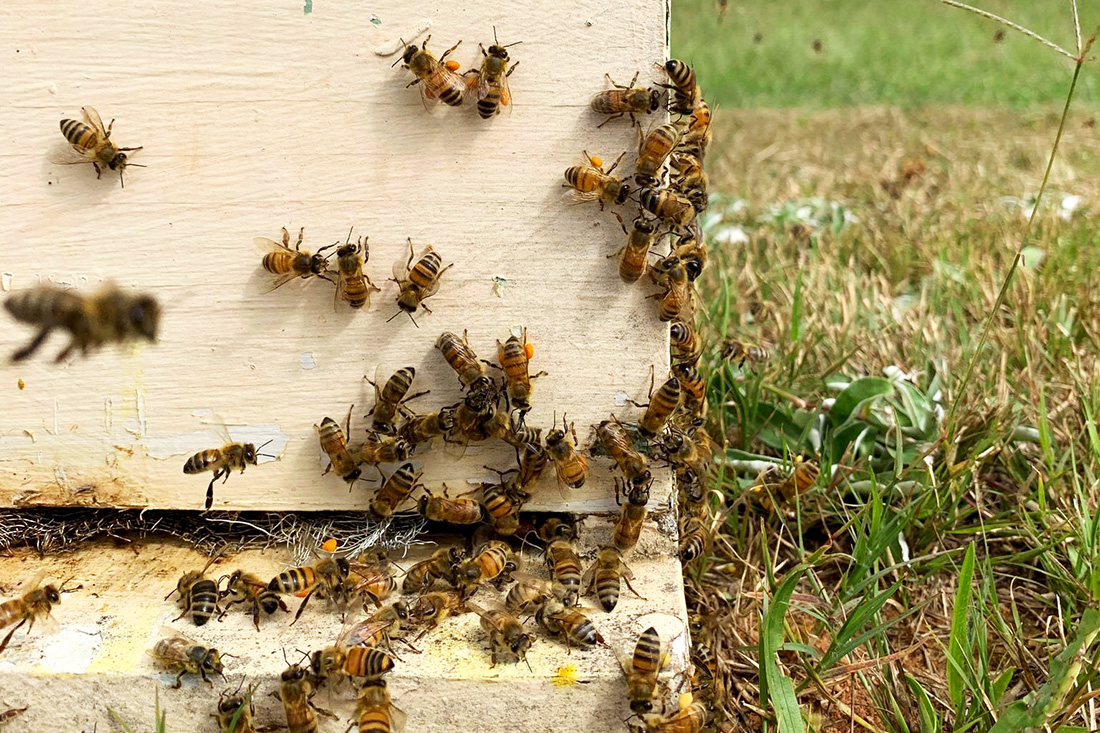Whether you grow your own fruits and vegetables or not, summer is a great time for fresh produce. To get the best flavor, University of Georgia experts say you need to know which fruits and vegetables to refrigerate (and which not to).
Refrigerating some produce (tomatoes, papayas, mangos, avocados, bananas, potatoes, sweet potatoes and onions) hurts their flavor, said Elizabeth Andress, an Extension food safety specialist with the UGA College of Family and Consumer Sciences.
Keep Greens Cool
Others, though, are better kept in the fridge. Andress said leafy vegetables like lettuce, spinach, collard greens and turnip greens are among them.
"Cabbage
naturally lasts longer, but other leafy vegetables need
refrigeration
for best quality and longer shelf life," she said.
"They
like the high humidity. And the cool temperatures prevent
shriveling
and slow the loss of nutritional value."
Don't place leafy veggies too close to the refrigerator walls, though. "If you keep your refrigerator extra cold, don't put leafy vegetables in the coldest part, because they'll freeze," she said. "Vegetables like lettuce have very high water content and freeze easily."
Store in Brown or Plastic Bags
Refrigerate summer squash, cucumbers, eggplant, okra and zucchini, too. "Protect these vegetables from freezing, too, just like leafy vegetables," Andress said. "Place them in brown paper bags or ventilated plastic bags before refrigeration. Tightly sealed plastic bags keep them too moist."
Unlike their larger bulb cousins, green onions, scallions and leeks should be refrigerated, too. "They like moisture, so refrigerating them in plastic bags is a good idea," Andress said.
Cool Temps are 'Berry' Nice
Strawberries,
blueberries and raspberries should all be refrigerated.
"They
need the cool temperatures for preservation. But don't store
them
wet," Andress said. "They like humidity, but the
wetness
can promote decay." Store berries in loose or ventilated
plastic bags.
Citrus fruits, such as oranges and grapefruits, can be refrigerated to prolong shelf life.
"They aren't going to keep ripening, so use your own preference," she said. "Refrigerate them if you like them cold."
Use Caution with Mushrooms
Keep mushrooms in the fridge, but never in airtight containers. "Raw mushrooms are very likely to contain bacteria that can quickly produce toxins that can cause food-borne illness," Andress said. "Make sure you refrigerate mushrooms in ventilated plastic or paper bags."
Andress said ventilated plastic bags are ideal for storing many fruits and vegetables. "They're perfect for allowing the food to get the air circulation it needs," she said.






